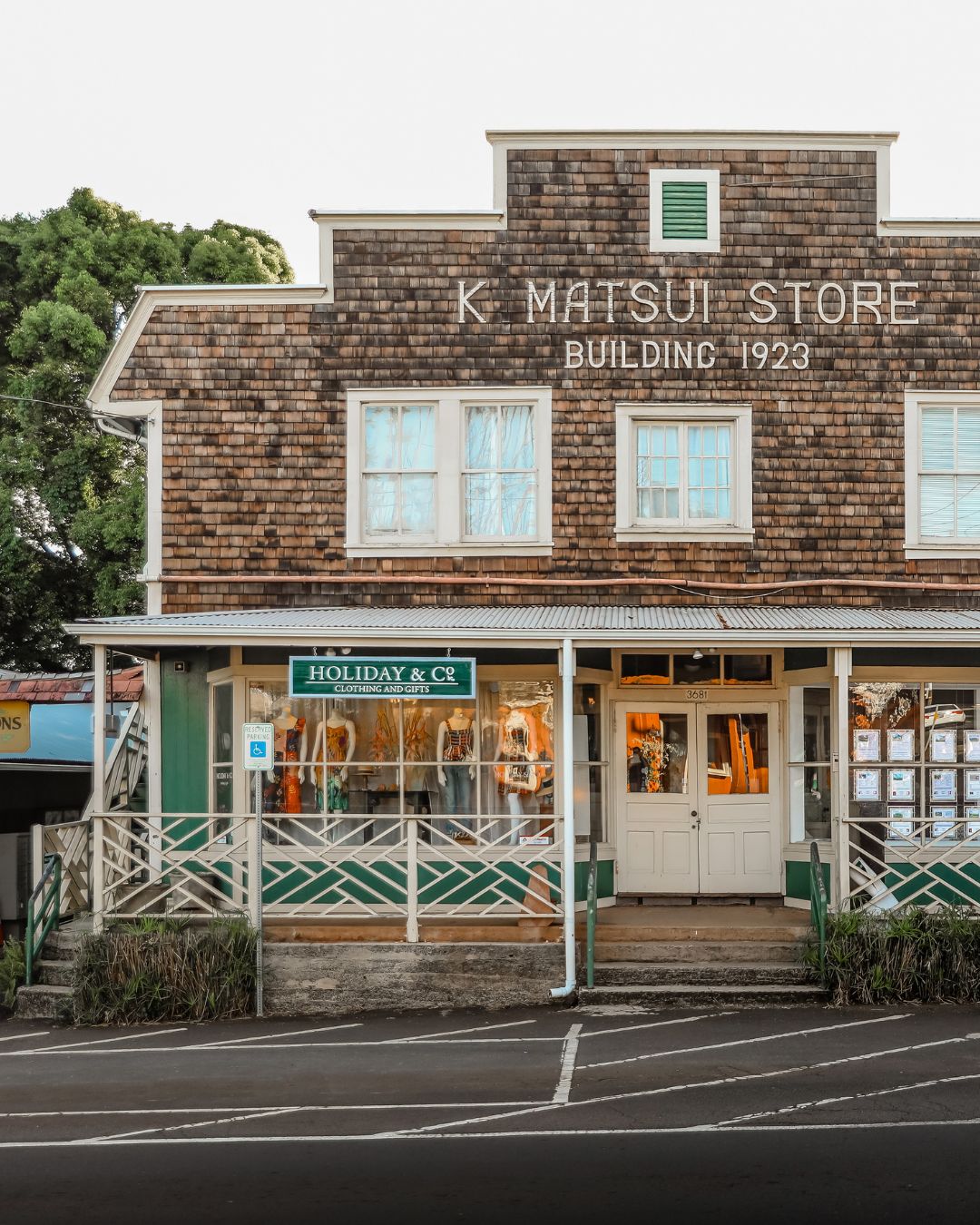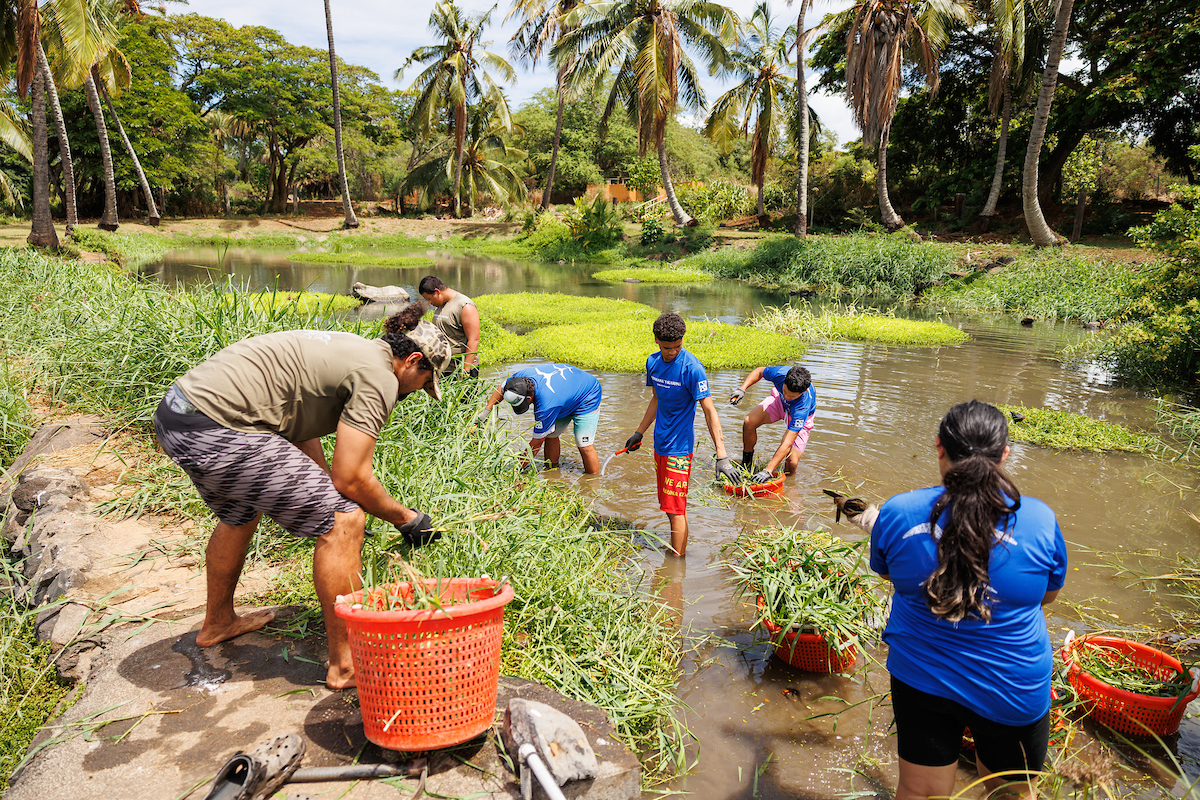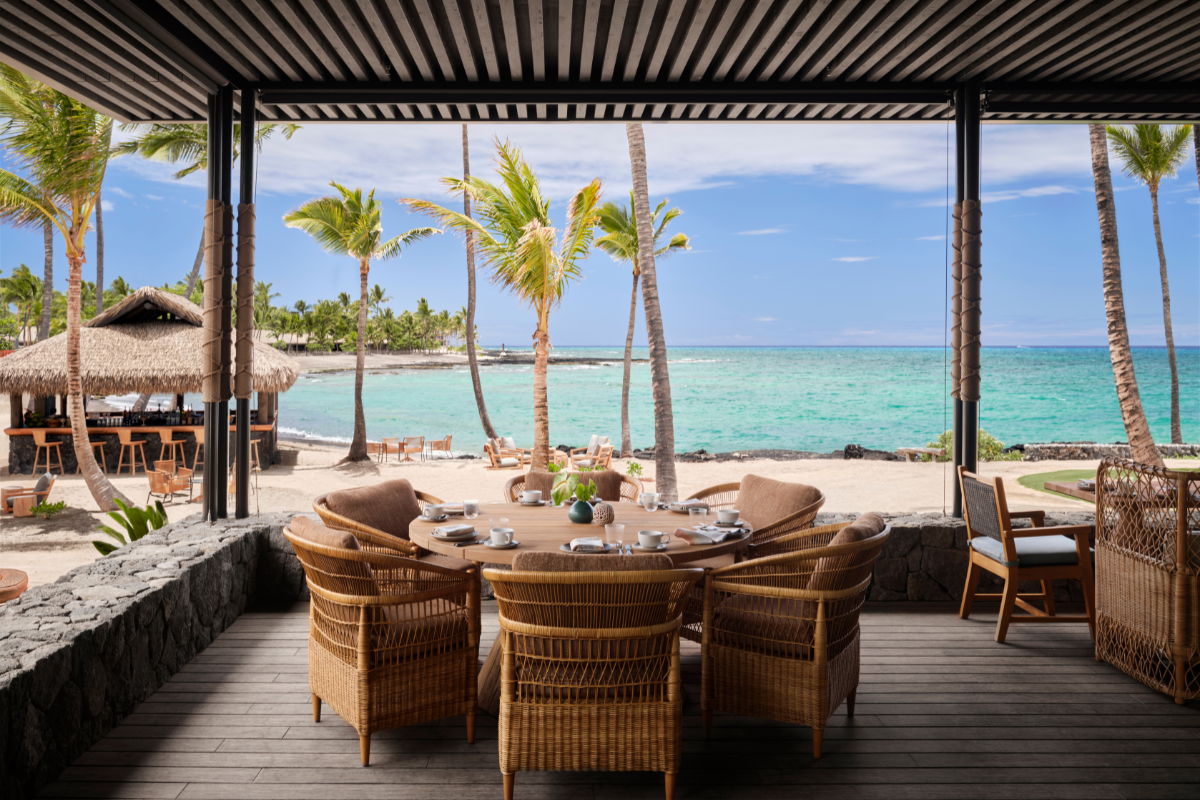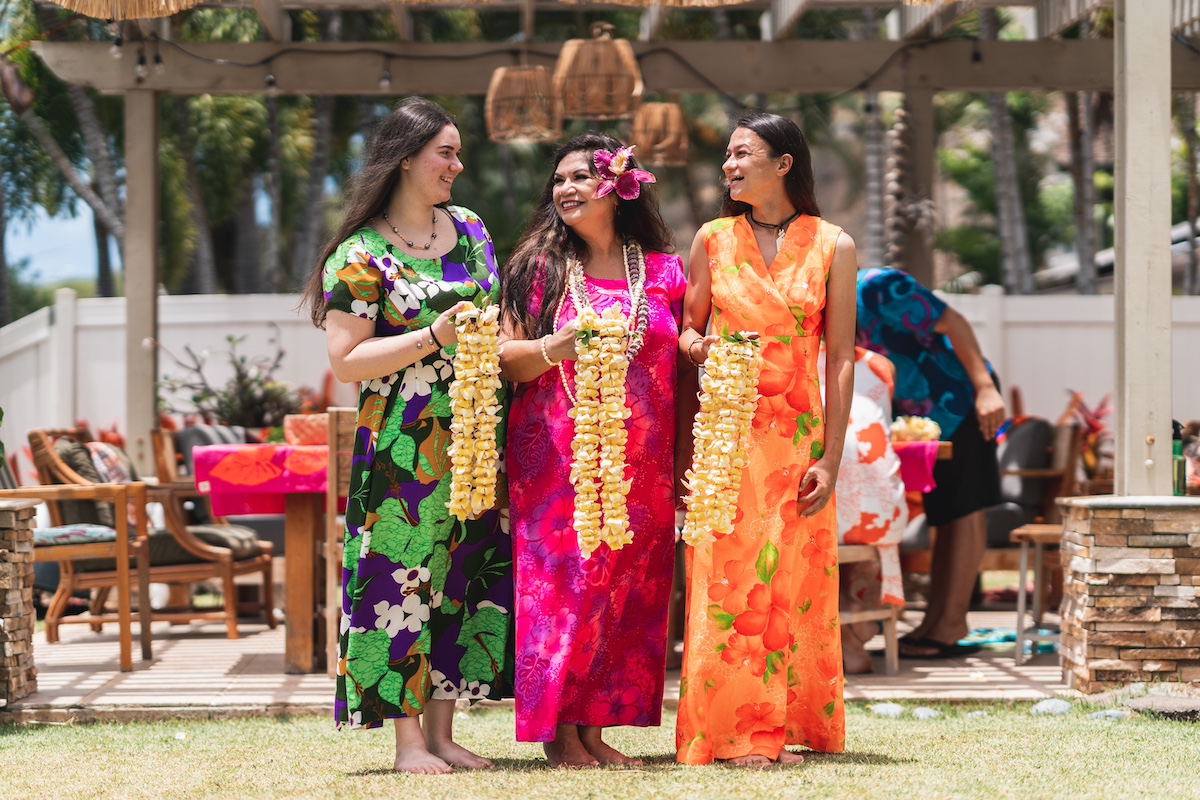
6 Must-Try Maui Mocktails for Dry January—Or Any Time of Year
Hawaiʻi may be renowned for its mai tais and lava flows, but those classic tiki drinks are being reimagined for...

Hawaiʻi may be renowned for its mai tais and lava flows, but those classic tiki drinks are being reimagined for...

With its refreshing cool climate and sprawling ranchland, Makawao is a picturesque little town in Upcountry Maui. When I was...

From ancient fishponds and lush rainforests to a beautiful tapestry of traditions and culture woven into our communities, Hawaiʻi is...

On Jan. 1, 2026, Hawaiʻi increased the statewide transient accommodations tax, or TAT, from 10.25% to 11%, with each county...

It’s not at every hotel that, after mailing a coconut (yes, you read that right), you can hop on a...

For more than a decade, The Pig and The Lady has been sharing modern Vietnamese and Asian cuisine with locals...

*This story was originally published on Jan. 15, 2025, and updated in January 2026. The muʻumuʻu has come a long...

It took a few months before I finally realized that my new normal really wasn’t so normal. For much of...

*This story was originally published on Dec. 31, 2019. People worldwide are welcoming the new year with spectacular firework shows...